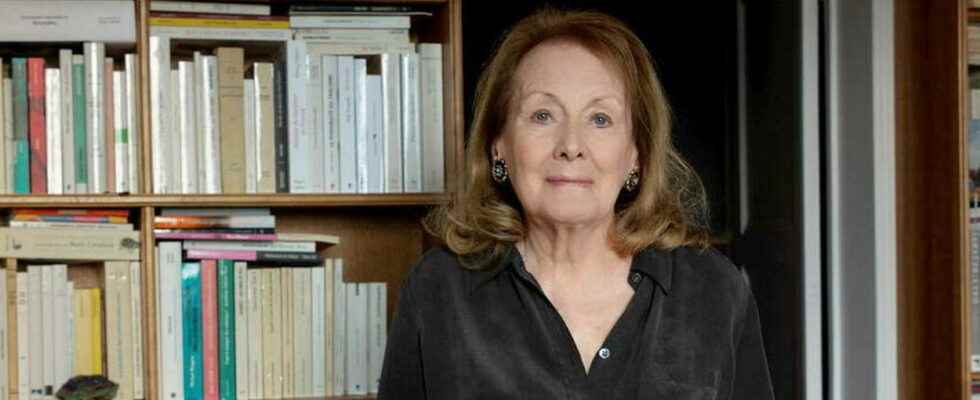HEight years after Patrick Modiano, a French writer is once again honored with the Nobel Prize for Literature. In this case, a writer… since it is Annie Ernaux. This is an opportunity to discover or rediscover the work of this singular novelist, whom the Nobel Academy stressed was “marked by social, gender and class injustices”.
Since her first book published in 1974, Annie Ernaux has aimed to break down the boundaries between literature and reality. To this end, she develops a “white writing”, in her own words, closer to the world of anthropology or sociology than to the classic novel. A unique style, which carries the voice of women of her generation and touches all audiences. Our selection of his best novels.
READ ALSOWhy Annie Ernaux won the Nobel Literature
Empty Cabinets1974
This first novel, which she has been writing since 1972 and which will be published in 1974, recounts a clandestine abortion, largely inspired by the one suffered by the author in 1964. Then banned in France, the voluntary termination of pregnancy will also nourish another story by Annie Ernaux (The Event, published in 2000), which will then assume its autobiographical character. But for this first text, the writer invents a narrator, named Denise Lesur, who recounts her childhood memories and the love affair that led her to fall pregnant. This book, which gives pride of place to nominal sentences and spoken style, immediately poses Ernaux as the spokesperson for women of her condition, meaning here from a “working class” background.
The place1984
Awarded the Renaudot prize, this story is Annie Ernaux’s first bestseller. She evokes the life of her father, a former worker who became a small trader in this famous grocery store in Yvetot which will be the setting for several of her works. The novelist, associate professor of literature, evokes the painful wrenching that constituted for her her social ascent. She evokes there, without disguise, the fears which remain hers: that in particular of being unmasked as a “class defector”. She confides as follows: “As a child, when I tried to express myself in a refined language, I had the impression of throwing myself into the void. One of my imaginary fears, having a teacher father who would have forced me to speak well all the time, detaching the words. »
READ ALSOThe Annie Ernaux moment
A woman1987
Released a year after her mother’s death, this moving book evokes her last months. Beyond the literary cenotaph, it also and above all reveals the different faces of the woman who, having become a tradeswoman, was obsessed with the idea of ”maintaining her rank” and helping her daughter to emerge from her condition. An ambivalent role since it pushes Annie Ernaux to break with her original environment. “I will no longer hear his voice… I have lost the last link with the world from which I came,” writes the novelist.
easy passion1992
“I wonder if I’m not writing to find out if others haven’t done or felt the same things, otherwise, so that they find it normal to feel them. Even, that they live them in their turn by forgetting that they read them somewhere one day. This quote, taken from the story of the passionate relationship that the novelist had with a Russian diplomat in the 1980s, alone sums up the author’s literary project. To tell, beyond the apparent shameless confession of a carnal adventure, the mechanisms of influence and dependence contained in certain addictive love relationships.
Years2008
Covering six decades of personal history, this work appears to be Annie Ernaux’s masterpiece. The writer synthesizes a thirty-year-old project there: that of writing a vast social fresco, a “collective autobiography” summarizing the journey of women of her generation through her own.
